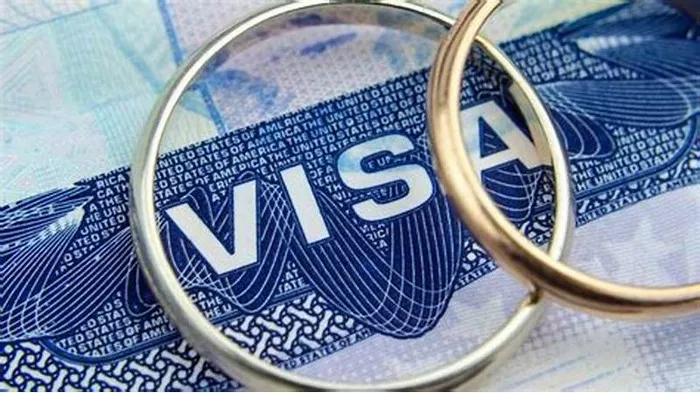In a bid to bolster its workforce across various sectors, the South Korean government has announced plans to relax visa requirements and introduce new visa categories aimed at attracting foreign talent.
During a recent state affairs meeting chaired by Prime Minister Han Duck-soo, the government unveiled measures to categorize visa applications by industry rather than visa type. This initiative aims to better manage foreign labor across different sectors of the economy.
Currently, foreign students studying in South Korea often face limited job opportunities post-graduation, primarily confined to office and professional roles under visa types E-1 through E-7, despite their proficiency in Korean language and culture.
To address this issue, the government plans to update regulations to expand employment prospects for these students in non-professional sectors under the E-9 visa category. This move is expected to alleviate shortages in critical fields such as manufacturing and foundational industries. Additionally, parents of foreign students will be eligible for seasonal employment under the E-8 visa, facilitating their settlement in South Korea.
Further enhancements include extending the duration of job-seeking visas for foreign students from two years to three, facilitating their exploration of diverse career paths. Domestic companies will also have the option to employ foreign students as substitute workers during parental leave. Specialized job programs tailored for foreign students will be established in universities located in provincial areas.
In a bid to streamline visa processes for professionals, particularly overseas researchers and experts in advanced industries, the government plans to grant residency visas (F-2) without employment conditions to graduates of science and engineering institutions recommended by their university presidents. Exceptional individuals meeting specific research achievement criteria may qualify for permanent residency (F-5) or naturalization.
Looking ahead, the government aims to identify and develop new sectors that require foreign professionals under specialized employment visas, focusing on strategic areas like semiconductors. New visa categories have already been introduced this year for caregivers, aircraft manufacturing technicians, and power transmission electricians, with additional sectors potentially being introduced next year.
To improve forecasting of foreign labor demand, the government will shift from a visa-based to an industry-specific model. Each relevant ministry will be tasked with forecasting demand in their respective sectors. For example, the Ministry of Agriculture, Food, and Rural Affairs will oversee forecasts for agriculture and livestock, while the Ministry of Oceans and Fisheries will handle forecasts for fisheries. The Ministry of Employment and Labor, along with related departments, will manage forecasts for manufacturing, construction, and service sectors.
These measures mark a significant step towards attracting and effectively utilizing foreign talent to drive economic growth across diverse sectors in South Korea.


